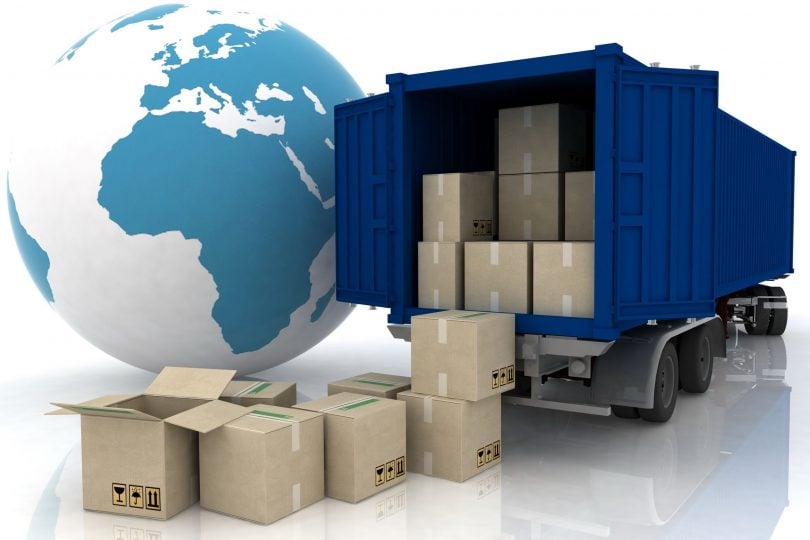Moving overseas sounds like an equation chock full of heavy suitcases, awkward plane rides, and endless packing to ensure you have all of your favorite things. Moving everything can be incredibly time-consuming and expensive, though — and chances are there are plenty of other places you’d rather spend that time and money. A lot of your goods will cost your more to transport than if you bought a new one on arrival — but how can you know? Here’s the scoop on what to painstakingly pack, and what to leave behind.
-
Clothes: take some, leave most
Go through your wardrobe and separate what you need from what you think you can probably do without. Donate or sell the things you almost never wear — consignment shops are a great option to raise a little extra money for your move, or for the new wardrobe you’ll buy when you arrive. Think about the climate in your new home country and leave behind the clothes that just won’t be practical. Packing for an international move shouldn’t include ten suitcases full of clothes you’re not going to wear.
-
Electronics, furniture, and other miscellanies: leave most of it
Books, office supplies, electrical appliances — all of those things can be bought in your new home country, and are generally so bulky and heavy that they’ll cost more to pack and transport. If you have an extensive book collection and you’re really attached, consider putting them in a high-quality climate controlled storage unit. If not? Sell or donate them. You can always find them again if you really want to re-read that great novel.
Electrical appliances like hair dryers, electric razors, etc. should likely be bought in your new home country. Then you can avoid the need to buy plug or voltage adapters so you can use the outlets, and ensure you have a product that is suited for the voltage of that country means less chance of burning out your electronics. If you’re bringing laptops or computers, make a plan to visit a computer technician when you arrive to purchase the correct adapters or surge protectors to keep all of your data safe.
Furniture is just expensive to move — period. Unless it’s a family heirloom or a custom piece, consider the price of moving it versus how much it would cost for you to buy a new one after moving abroad. Unless it’s really worth it, sell your furniture before you move.
-
Paperwork: store it, don’t bring it
International relocation is challenging enough. Which the technology available to scan and store all of your important documents either on your computer or in the cloud, there’s no need to be shipping boxes full of paperwork with your international movers. If you don’t trust technology, store your documents in a climate-controlled storage unit or with a trusted family member in a protective box — but avoid places like basements or garages, since paper is likely to attract mold.
-
Toiletries and cleaning supplies: take only the essentials
Bring the basic toiletries that you’ll want to have with you upon arrival, using travel-size shampoos and conditioners where possible to cut down on weight. If you’re concerned about having specific products when you land, you can always order them to be delivered to your new doorstep — usually a pretty fast process.
Cleaning supplies are inexpensive. Get a fresh new stock when you arrive, and if your new country doesn’t have the type you like? Get creative with things like baking soda and vinegar while you figure out your new home.
-
Cars, bikes, and other vehicles: it’s up to you
Cars are a hassle to move. A big one. Depending on what country you’re moving to, there may be taxes involved — and most cars need some work once they arrive to align tires and get everything back to working order after being shaken around on the trip. Bikes can be disassembled, boxed, and shipped fairly easily, though to make sure your bike is in good shape upon arrival it’s best to have that done by the bike shop professionals. Other vehicles like motorcycles or scooters fall somewhere in the middle — they aren’t difficult to ship, but they’re expensive. If you’re in love with your vehicles, make arrangements to have them shipped. If not? Sell them to family or a friend, or arrange to have them stored while you’re gone. Just keep in mind that long-term vehicle storage can quickly get expensive.
For more help planning your budget for your international move, take a look at our step-by-step guide in this blog post.








